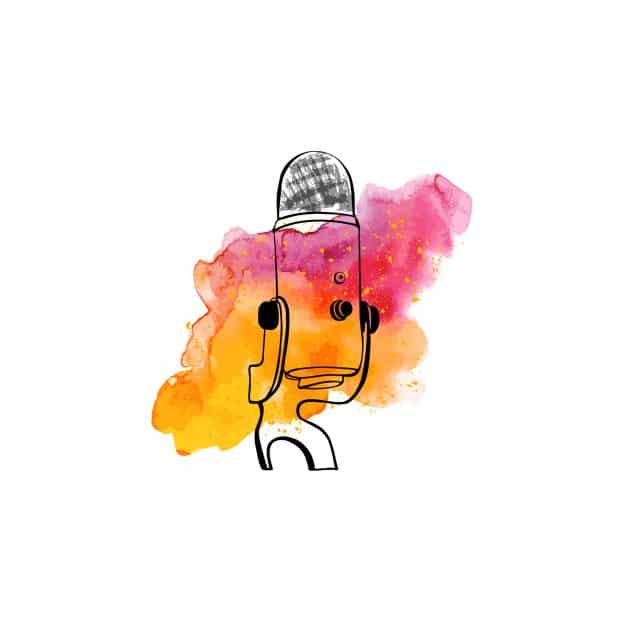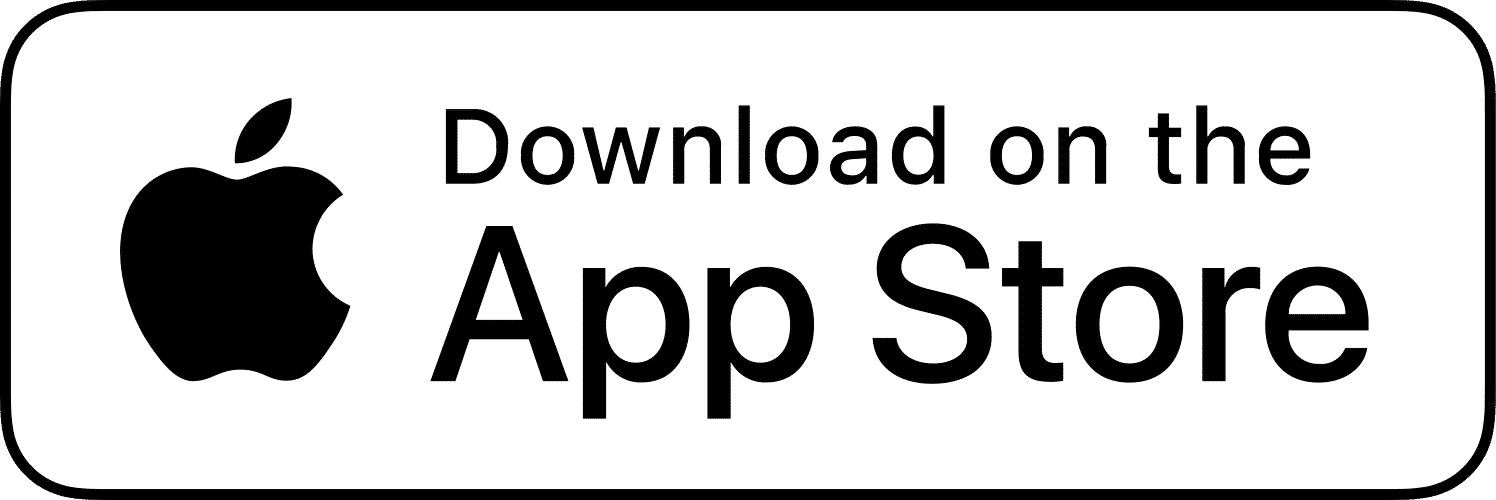Learning Objectives
By completing this course you will
- Survey the best interview practices in the field of oral history;
- Understand how to create historically contextualized interviews;
- Learn about the theory of subjectivity and intersubjectivity;
- Cultivate empathy for yourself to avoid burnout; and
- Learn to create space for narrators to tell their stories on their own terms.






